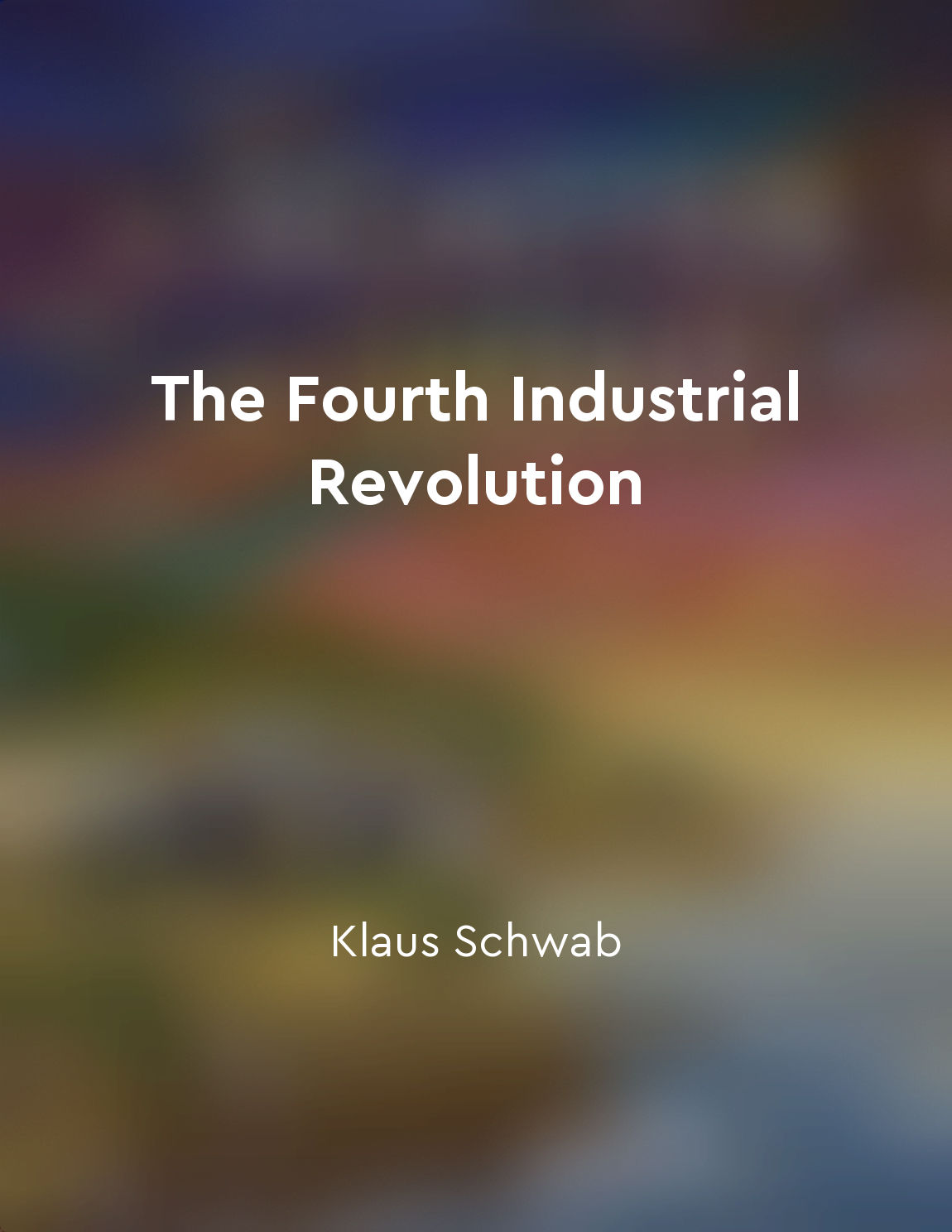The rise of the gig economy is changing traditional employment models from "summary" of The Fourth Industrial Revolution by Klaus Schwab
The rise of the gig economy, characterized by short-term, flexible jobs rather than permanent positions, is fundamentally altering the landscape of traditional employment models. As technology enables individuals to connect with employers through digital platforms, the nature of work is evolving rapidly. This shift towards gig work has significant implications for both workers and organizations.
For workers, the gig economy offers a level of autonomy and flexibility that was previously unimaginable. Individuals can choose when, where, and how much they work, allowing for a better balance between professional and personal life. This freedom has attracted a growing number of people to gig work, seeking independence and variety in their careers.
However, this increased flexibility comes at a cost. Gig workers often lack the stability and benefits associated with traditional employment, such as health insurance, retirement plans, and job security. As a result, many gig workers face uncertainty and financial vulnerability, especially during economic downturns or unforeseen circumstances.
On the other hand, organizations are leveraging the gig economy to access specialized skills on-demand and reduce overhead costs. By hiring freelancers, companies can scale their workforce according to project needs, without the long-term commitments of full-time employees. This agile approach allows organizations to adapt quickly to changing market conditions and stay competitive in a fast-paced business environment.
Despite these benefits, the rise of the gig economy raises concerns about the future of work. As more individuals embrace gig work, traditional career paths and employment structures are being disrupted. This shift towards temporary, contract-based work may lead to a more fragmented labor market, where job security and benefits are no longer guaranteed.The rise of the gig economy represents a paradigm shift in how we think about work and employment. While it offers new opportunities for flexibility and innovation, it also poses challenges in terms of job security and financial stability. As we navigate this changing landscape, it is essential to consider the implications of the gig economy on individuals, organizations, and society as a whole.

Open in app
The road to your goals is in your pocket! Download the Oter App to continue reading your Microbooks from anywhere, anytime.


